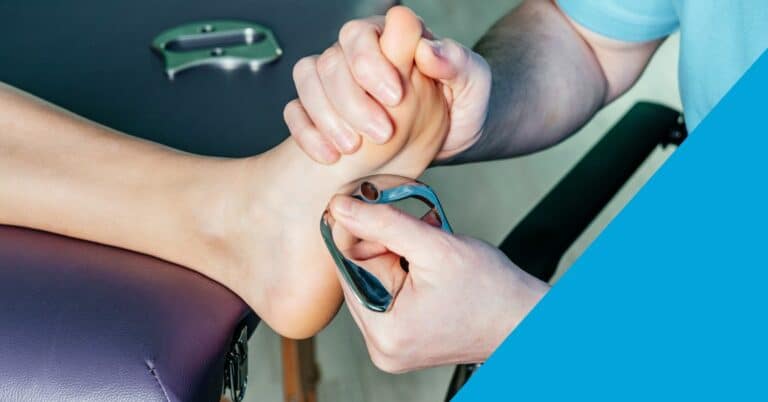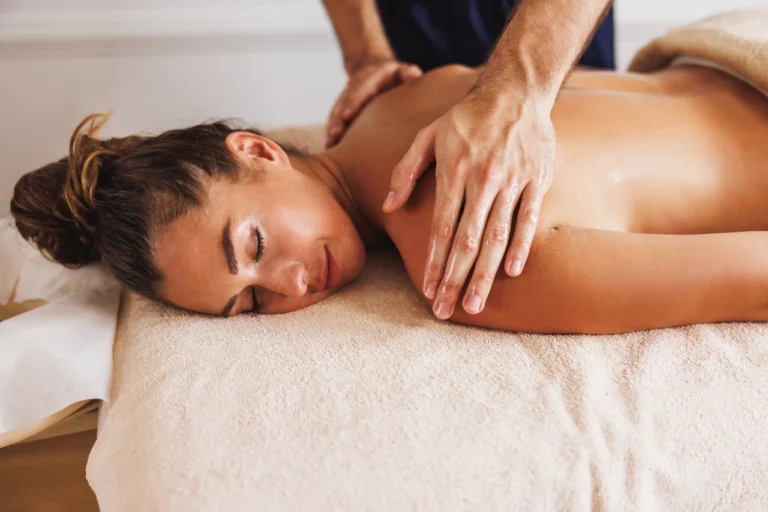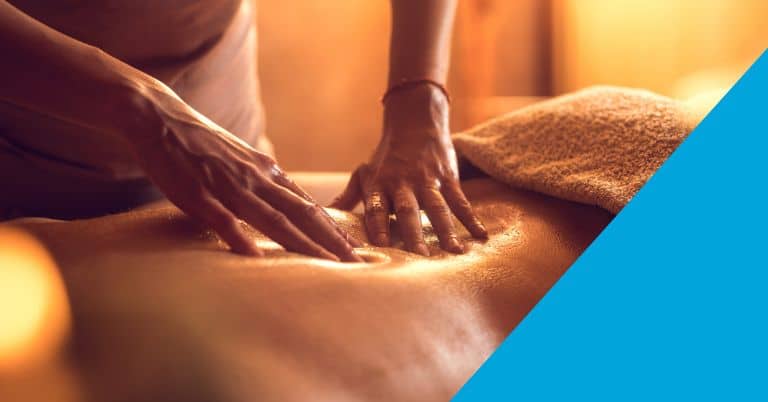
Do you frequently catch yourself clenching or grinding your teeth together without realizing it? Are you sick and tired of continually feeling like you have a headache? Do you struggle with persistent joint pain, tenderness, and stiffness?
If so, you might be having a problem with TMJ dysfunction. Also known as TMD (temporomandibular joint disorder), TMJ is an unpleasant condition that affects the jaw joints and muscles. It’s routinely triggered by stress, tiredness, and anxiousness, along with other conditions such as arthritis or oral problems.
If you do have TMJ, your jaw ache is probably one of the worst pains you’ve ever had to endure. It might feel like you have constant tooth pain. You may likewise feel like you simply can’t open your mouth far enough to yawn and even chew your food.
This isn’t only as a result of the constant pain, but also due to the way your neck and jaw muscles are attached. When stress or anxiousness sets in, it can easily trigger a tightening up of those very same muscle tissues that are currently stressed from having TMJ.
While there are a number of causes of TMJ, the bright side is that pain relief is easily within reach: we can definitely help! Massage for TMJ has been proven as among the most effective natural methods of eliminating pain by lowering tension and improving circulation.
Massage will not simply help you unwind; it will also reduce swelling and relieve the stress in your neck and jaw, leading to less pain. In fact, massage therapy is an effective treatment option for alleviating the signs and symptoms of constant jaw pain — including stress headaches, neck discomfort, and stiff jaw–along with general tension and pressure.
Massage therapy for TMJ pain and tension reduction is something that almost everybody can gain from on a regular basis. Keep reading to find out more about how massage treatment can help reduce the discomfort of TMJ.
How Does Massage Help to Eliminate TMJ Pain and Symptoms?
Massage therapy can help eliminate TMJ pain by increasing your body’s production of endorphins. Endorphins are hormonal agents that help govern the immune system and deal with discomfort. They’re often referred to as the body’s “feel-good” drugs, as they’re responsible for making you feel happy and relaxed.
When you have TMJ, it may become hard to de-stress and sleep because of the discomfort. That’s where massage therapy comes in. By having a professional massage your neck and head muscles, you can really help to calm and relieve your body, and essential oils might be included to help maximize the levels of endorphins in your body.
Aside from boosting endorphin levels, massage can also work to relieve TMJ symptoms by strengthening your body’s circulation. Studies have demonstrated that massage therapy can considerably increase blood circulation to the soft tissues and muscles of the body.
Increased blood flow helps to flush contaminants, bacteria, and other dangerous substances out of the body. This may be particularly helpful for individuals who experience TMJ because of the accumulation of toxins in the soft tissues and muscles of the neck and head.
Which Type of Massage Treatment is Most Effective for TMJ?
There are several kinds of massage treatment, but if you’re suffering from TMJ, you should try deep-tissue massage. This particular type of massage therapy can help to relieve the discomfort and pain connected with TMJ due to the fact that it specializes in the deeper layers of muscle tissues.
Deep-tissue massage serves to break up and release any knots, trigger points, and scar tissue in the muscle tissues of the neck and head, which can help to alleviate TMJ symptoms.
Massage therapy can likewise be helpful for TMJ clients since it can be utilized to flex and stretch the muscles in the neck and head. This can be especially helpful for individuals who struggle with TMJ because of irregular muscle contractions in the jaw, as massage may help release those muscles and alleviate the pain.
Other Rewards of Massage for TMJ
Besides helping to alleviate TMJ discomfort and symptoms, massage therapy can at the same time be a fantastic method to promote overall well-being and health.
It can help boost your body’s immune system, reduce stress and anxiety, enhance blood circulation, and enhance your mood. By decreasing your stress levels, relaxation massage can likewise help to stop your body from secreting excess cortisol, a tension hormone that can result in added health problems.
Massage may additionally be helpful for people who suffer with TMJ due to the fact that it may help to enhance body posture and positioning.
This may be particularly beneficial for TMJ patients due to how typically you may clench and grind your teeth. When you clench your teeth, it triggers the rest of your jaw to tense up, which may result in body alignment problems over time.
What to Expect During Your TMJ Massage
Depending upon the type of massage treatment that you pick and the setting in which the massage is administered, massage therapy sessions can last from half an hour to sixty minutes. During your massage treatment, you will be completely dressed and resting face down on a massage table.
Your massage therapist might make use of oils, hot stones, and their hands to administer pressure to your muscles, stretching and manipulating them to ease tightness and stress in your neck and head.
A massage is an extremely restorative experience, and it may help to alleviate tension and anxiety, promote relaxation, and supply a profound sense of calm. Depending upon the kind of massage that you choose, it can also be a really refreshing experience, as certain kinds of massage are created to increase blood flow and boost your energy levels.
How Frequently Should You Have Massage Therapy for TMJ?
Although there isn’t a particular number that is suggested for how often you should get massage treatment for TMJ, it is typically suggested that you get it a minimum of one time a month, if not more frequently.
The more frequently you get massage therapy, the more likely it is that you’ll enjoy desirable results and a decrease in your TMJ symptoms. While TMJ may be a difficult ailment to cope with, it doesn’t need to be something you need to handle by yourself.
By incorporating massage therapy into your treatment program, you can really experience the rewards of massage and see your pain begin to subside. Talk with our massage therapist to choose just how regular massage therapy might benefit your TMJ.
Wrap Up
Massage therapy has been demonstrated to be a reliable treatment for TMJ, and it can help relieve discomfort, boost blood flow, and encourage relaxation.
It can also help relax and soothe your body, and essential oils may be added to improve the levels of endorphins in your body. Massage for TMJ has been proven to be one of the best natural approaches of alleviating symptoms by minimizing stress and improving blood circulation.
Contact our team of registered massage therapists at Aspire Physiotherapy in South Edmonton soon to schedule eliminating your TMJ pain. Now booking new appointments!







